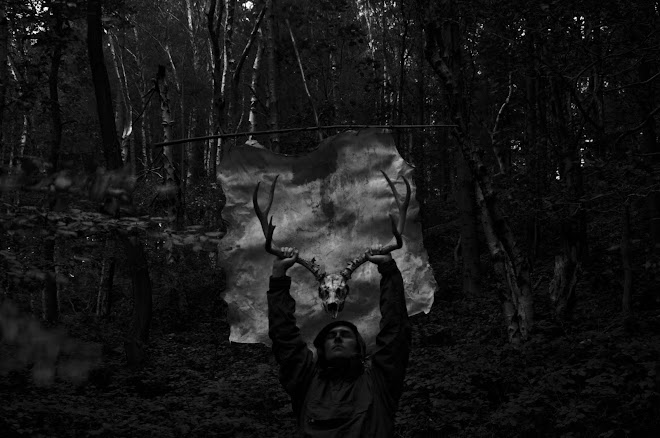skip to main |
skip to sidebar
1: Black Canaan

This may be a controversial choice, many will feel that Conan is the where Howard excelled and whilst I can agree with some of the sentiment that elevates the Cimmerian to the height of pop-culture icon I feel as strongly that his bloated, muscle-bound physique had done more harm than good to Howard’s reputation.
More harm than good – that may well be an apt description of Black Canaan because if modern readers balk at the casual tone of white supremacy that permeates much of Howard’s early writing they will have some difficulty with this story. Published in the June 1936 issue of Weird Tales, the month of Howard’s death, this is a regional horror story in the Southern Gothic mode, one of several such tales that Howard set in the piney woods and swamps of a mythical, supernatural south.
The story is one of voodoo and violence that must have been familiar to readers of the pulps but placed into a gritty, realistic context of poor white farmers cowering in their homes in fear of a bloody, genocidal uprising by freed slaves. Fear runs throughout this story like a wide dark river; the whites fear the blacks, the blacks fear Saul Stark the strange African conjur man who has enslaved them with his magick. The hero, Kirby Buckner - an upstanding land-owning white man, fears the sexual desire he feels for the Bride of Shamballah, a licentious and semi-naked black woman who appears – as if by magick – to mock and murder him. This says as much about race relations in 1930s America as any other work of fiction.
There is high adventure here, and deep unnatural horrors. In this story REH lets the matter of race ride at the head of the team but this is not the crude Aryanist polemic we find in the earlier Solomon Kane stories. There may well be more use of the term “swamp nigger” than the modern reader can easily stomach but it would be wrong to read a racist message from this most complex of Howard’s stories. Instead the hero fulfils all the ancient conditions of that role – he places himself in danger, risking death and un-death to save his community from a menace that is beyond his ken. The question we need to ask of this story is who are the members of Buckner’s community and for whom does he risk his life and sanity? I feel that the answer is very much more inclusive than many of Howard’s detractors would admit.



No comments:
Post a Comment